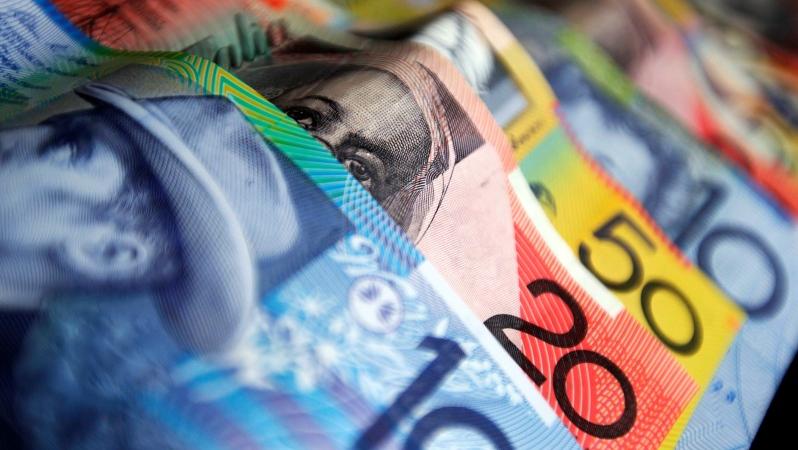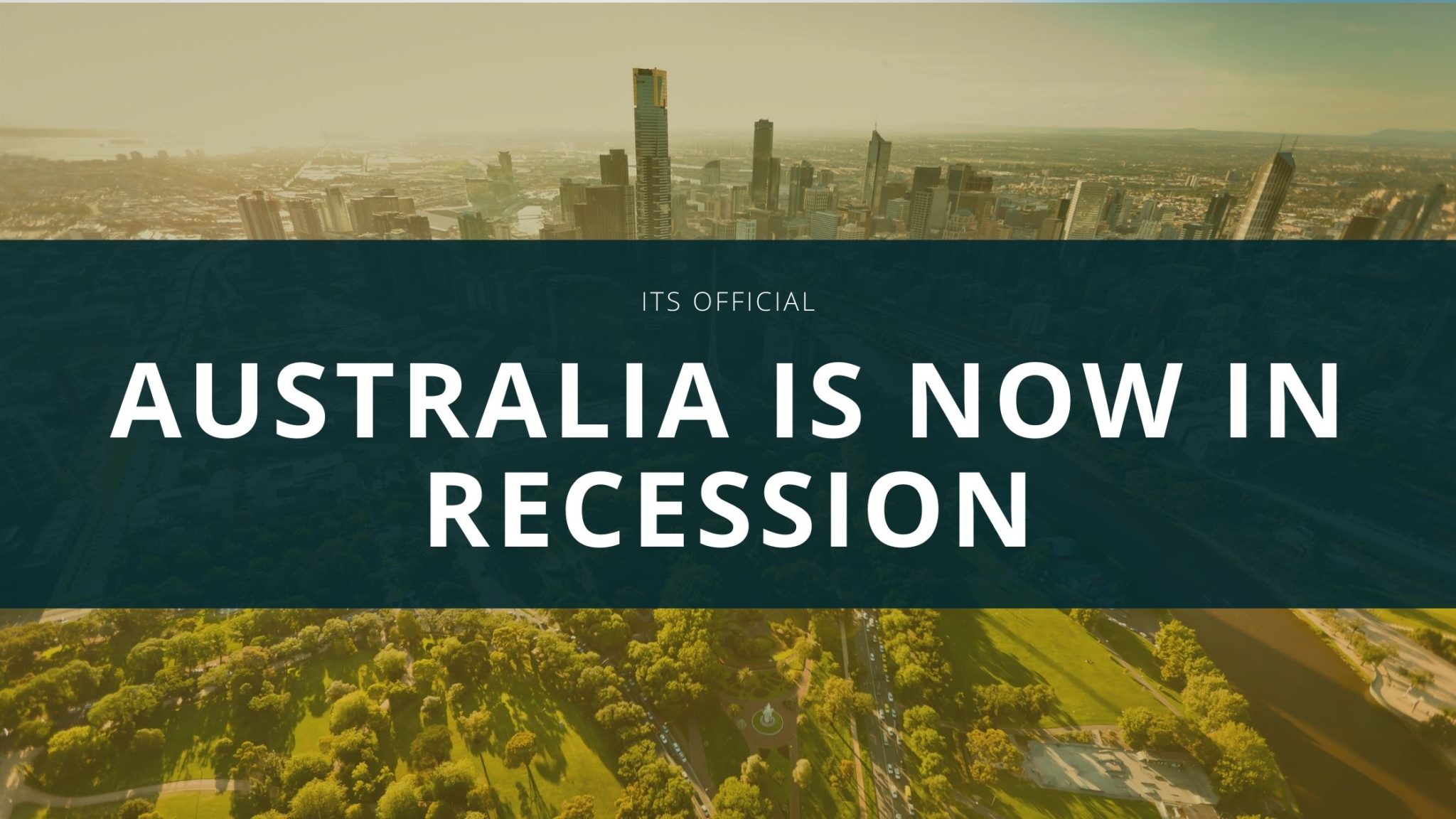
Helen Collier-Kogtevs
Government budget in Surplus… Is that a good thing?

The treasurer this week announced in his budget speech that the budget will return to surplus in 2019 after being in deficit for the last 12 years… the question is, is this a good thing?
I am not affiliated with any political party and I don’t care who is running the show, however, for the sake of helping people understand the government budget, and the importance of good money management, I have written this blog comparing the government budget to your household budget. This way I can discuss if being in surplus is a good thing.
Now I understand that many of you will have an opinion (just like I do 😊) about whether we are actually in surplus and if the budget is a whole lot of BS but for the benefit of everyone, let’s take politics out of the equation and look at the comparison from an objective perspective.
Let me explain…
When a government wants to build new infrastructure, schools, hospitals etc and doesn’t have enough income/revenue from taxes to buy them outright they, just like your household, they borrow to pay for whatever it is that they want to buy. The interest payments on these loans, just like a normal household, are drawn from the income/revenue that comes in.
New Property Academy Event
“How to Set Yourself Up for a $150,000.00 Income in 10 Years.”
Only 50 Spots Available (Last Event Sold Out In Full):
And just like your household, when the government’s budget is in deficit (that is, its spending exceeds its income) it either has to look for ways of increasing its income/revenue (increases in taxes) or it has to reduce its spending or sell down its assets until the budget is balanced again.
Unlike your household though, governments, because they generally have a good credit rating, can continue to borrow money to make up the shortfall in revenue. This borrowed money however attracts interest payments which then gets added to the overall government debt level in a compounding way. That is, the debt just keeps growing. Whereas a household, even with a good credit rating, will eventually hit the financial brick wall and the banks won’t lend any more money.
Just like your household, when a government’s budget is in balance, its income/revenue is sufficient to pay for the cost of running the government.
When the government’s budget is in surplus it means that it is generating income/revenue, (taxes) that is greater than the costs that it needs to run government. When this occurs, just like your household, the government can choose to paydown the principal on any of its loans, which in turn will reduce the overall government debt level and any interest payments associated with that debt, or it can use the surplus funds to pay for new government projects and/or services. Currently the government pays $14.5 billion in interest payments each year to service its $376 billion-dollar debt.
New Property Academy Event
“How to Set Yourself Up for a $150,000.00 Income in 10 Years.”
Only 50 Spots Available (Last Event Sold Out In Full):
So what should a government do if it is in a surplus budget situation…
Should it use the surplus funds to retire debt or spend it on new projects/services?
The answer isn’t black or white.
There are practical and political aspects that need to be taken into consideration when making these decisions. If the national debt of $376 billion were paid down completely, the government would have $14.5 billion (interest payments on $376 billion) each year to spend on new projects and services. This equates to a lot of new hospitals and schools, however if there is a better return on investment by continuing to keep the debt and then spending the surplus on new needed projects that have a good return on investment, then maybe that is also the way to go.
Personally I believe that a balance between the two is the answer.
Just like your household, good money management allows for you to pay your bills on time and have savings set aside as a buffer for that rainy day and/or as part of your future wealth creation.
If the projects have a good return on investment (just like an investment property), then I believe we should continue to invest in them. But I think that the level of debt needs to be lowered to cover the possibility and impact of a probable future recession (buffer). Just as in your household, a lower debt level and surplus are strong buffers that will insure the government from any cataclysmic financial events that may occur into the future.
Helen Collier-Kogtevs
Share this post
Become a successful Property Investor















